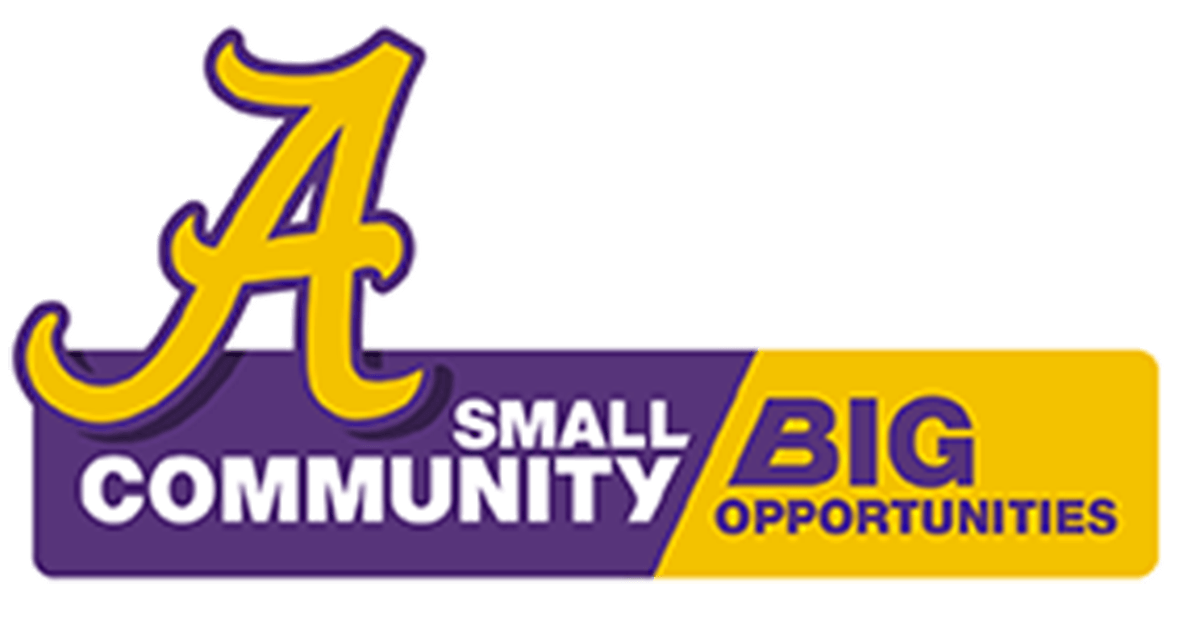Sarah Koch, an eighth grade science teacher at Angola Middle School recently stepped off the U.S. Environmental Protection Agency (EPA) research vessel Lake Guardian.
Koch was one of 15 educators chosen from more than 115 applicants to collect data alongside scientists from July 7 - 13 as part of the Center for Great Lakes Literacy’s Lake Erie Shipboard Science Workshop.
“The experience exceeded my expectations,” said Koch. “I learned so much about the efforts that go into the water quality assessments for the Great Lakes. I can take this experience directly back to my students and fellow educators. We use many of these assessments on a small scale in the middle school to determine how our school’s watershed contributes to water quality in the Great Lakes. My students will be able to relate to and understand what real scientists are doing right now.”
Thanks to facilitators from Ohio, Pennsylvania and Indiana-Illinois Sea Grants, the workshop provided teachers an opportunity to work alongside four scientists on current Lake Erie research projects. Dr. Sherri (Sam) Mason from Gannon University, Dr. Dominique Derminio from Keuka College, and Megan O’Brien from the US EPA Great Lakes National Program Office guided educators in learning about lake ecosystems and the impact of human activities on water quality.
Throughout the entire lake, teachers surveyed for the presence and distribution of microplastics in surface water; collected and analyzed water samples for various species of plankton, algae, and cyanobacteria; and investigated communities of macroinvertebrates and invasive mussels by gathering lake sediment samples and capturing video footage of the lake bottom. Samples were analyzed in onboard laboratories or preserved for later processing in researcher’s laboratories. Ultimately, educators will be able to take their experiences back to the classroom and inspire their own students to want to do scientific exploration of the Great Lakes.
“Educators were immersed in an intense week of Great Lakes science. They assisted with authentic data collection and processing that can be used to provide insight on the quality of Lake Erie’s water. Using innovative sampling and monitoring equipment, teachers were provided with once-in-a-lifetime professional learning experience to explore science up-close and personal,” said Lyndsey Manzo, Ohio Sea Grant Education Specialist, who helped facilitate the workshop.
In addition to collecting and synthesizing data aboard the ship, participants had shoreline experiences in Erie, Pennsylvania and Put-in-Bay, Ohio. They collected and sorted litter from a beach clean up, learned how to do water quality analysis in their local watersheds with students, and practiced Great Lakes classroom lessons. Teachers also chronicled their experiences in a StoryMap https://storymaps.arcgis.com/stories/30dd803c46f548538eecb40941b4700al.
The Lake Erie Shipboard Science Workshop was supported by the US EPA in partnership with NOAA and through funding from the Great Lakes Restoration Initiative and Center for Great Lakes Literacy (www.cgll.org).
The Center for Great Lakes Literacy is a collaborative effort led by Sea Grant educators throughout the Great Lakes region. The Center fosters informed and responsible decision-making that advances basin-wide stewardship by providing hands-on experiences, educational resources and networking opportunities. CGLL promotes Great Lakes literacy among an engaged community of educators, scientists and citizens who can effectively contribute to the sustainability of the Great Lakes.
Ohio, Pennsylvania, and Illinois-Indiana Sea Grant are part of a nationwide network of 34 science-based outreach and education programs. Sea Grant is a Federal-University partnership program that supports coastal, marine and Great Lakes communities through research, extension and education.
Contact: Michelle Niedermeier (mxn14@psu.edu); Sarah Koch (skoch@msdsc.us)

